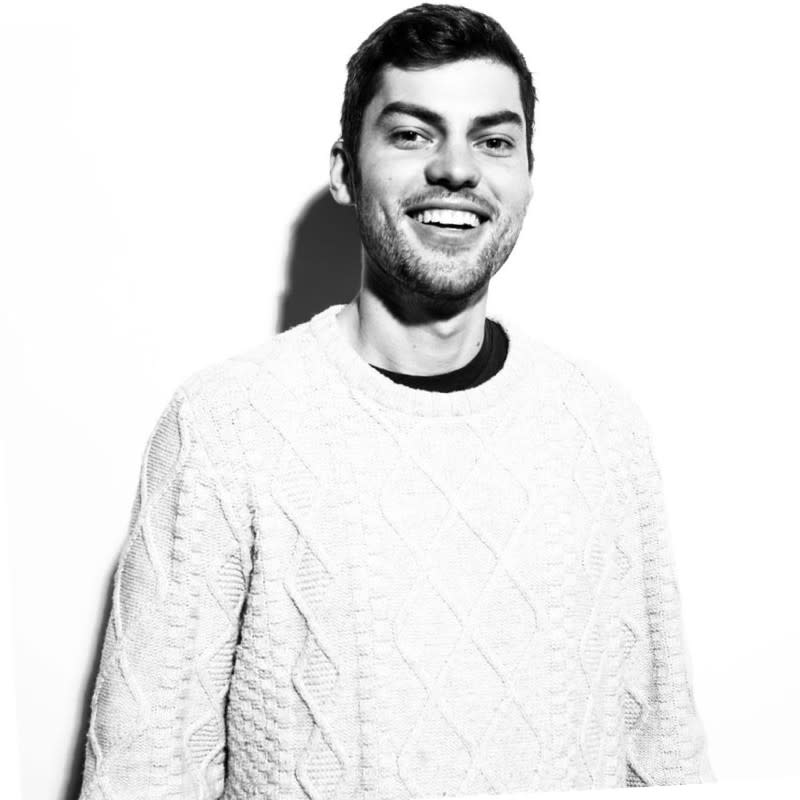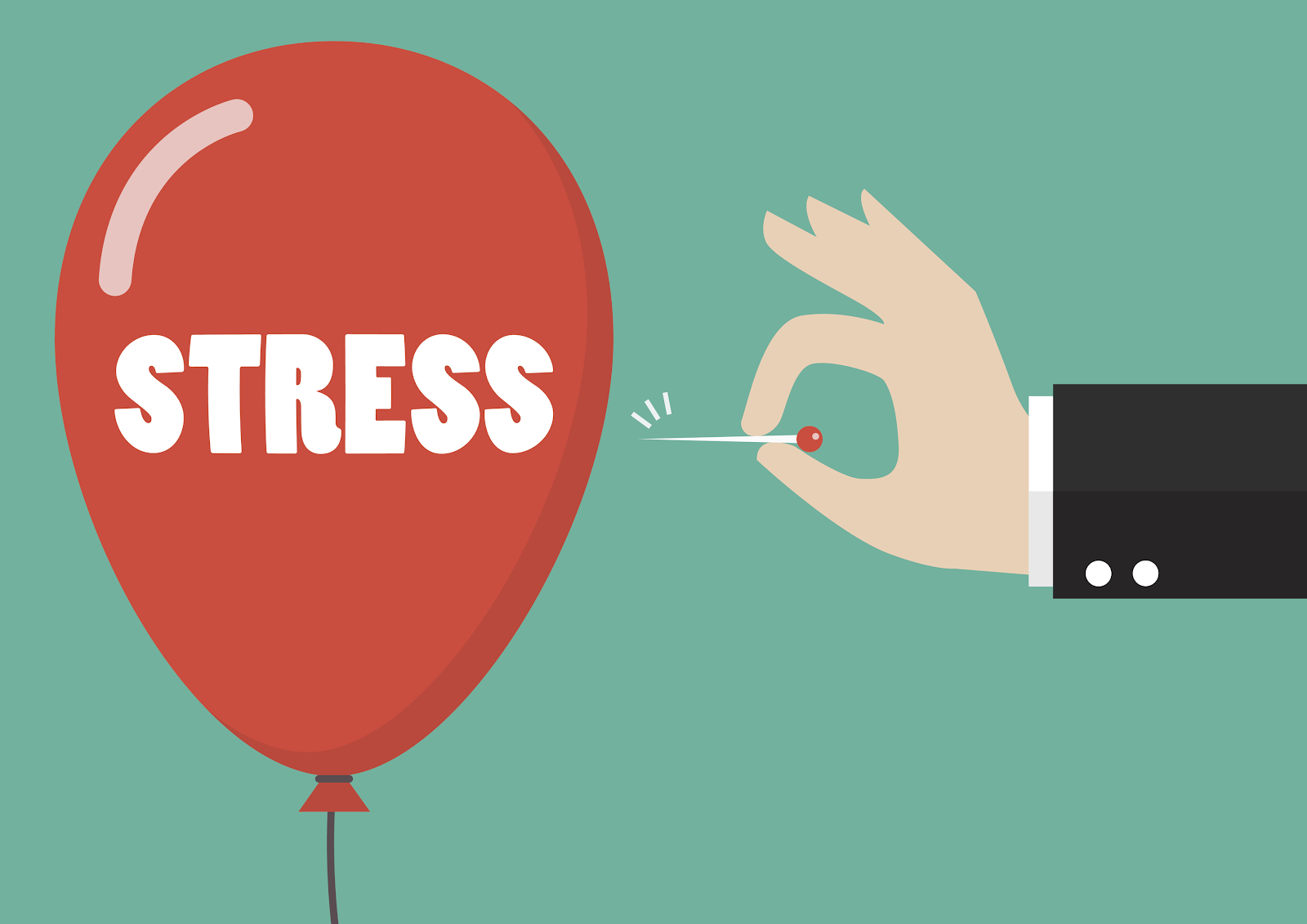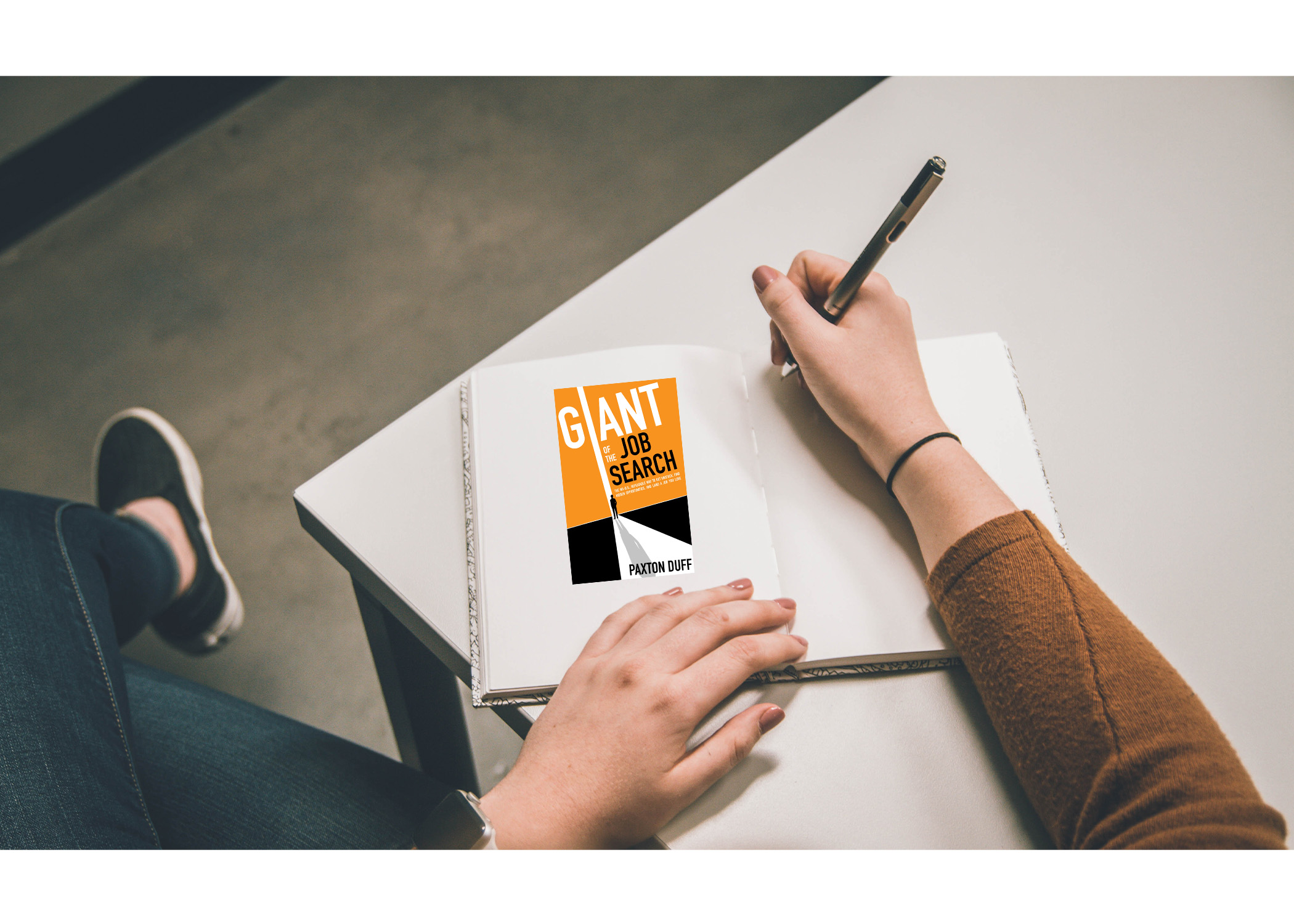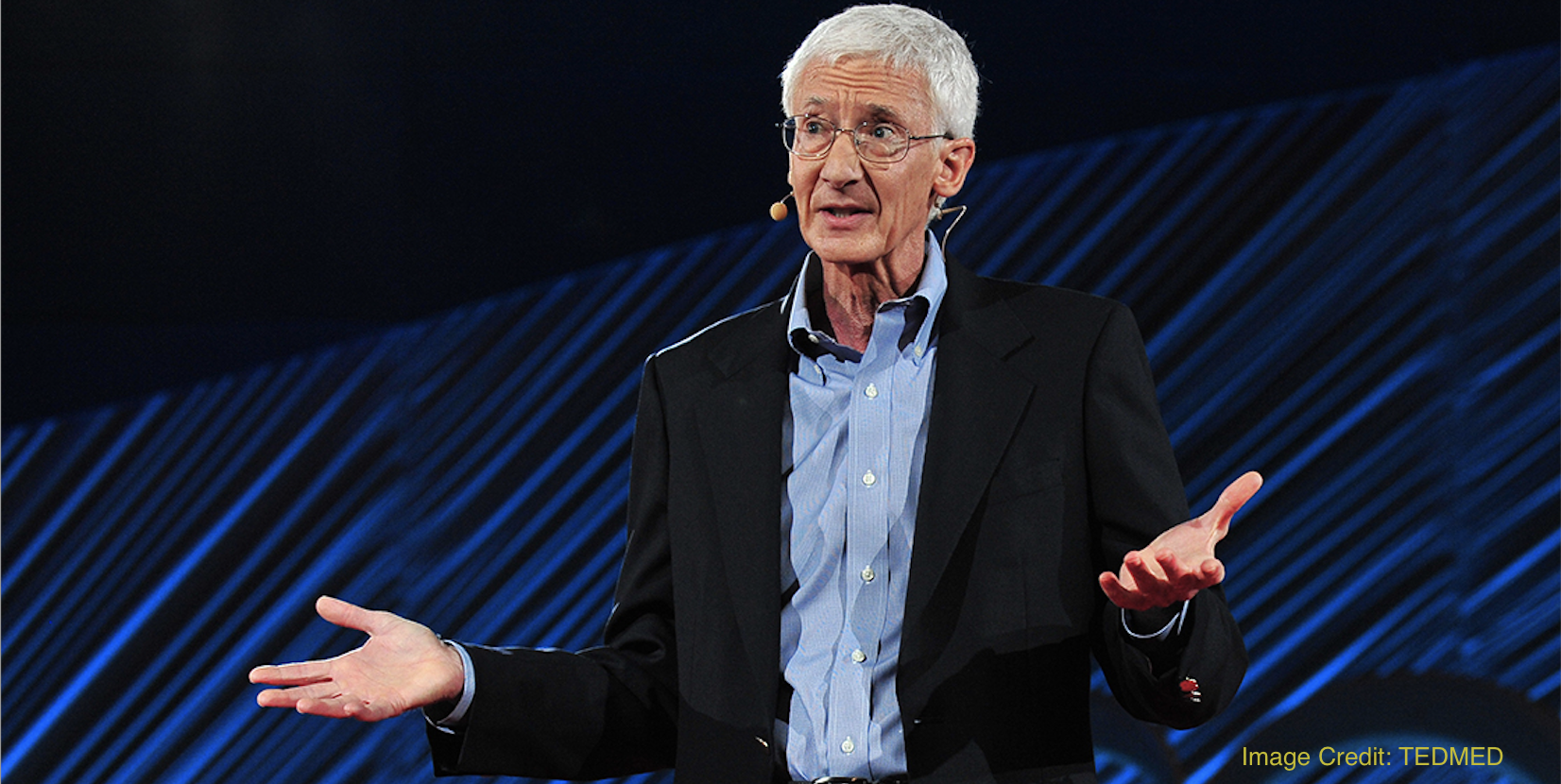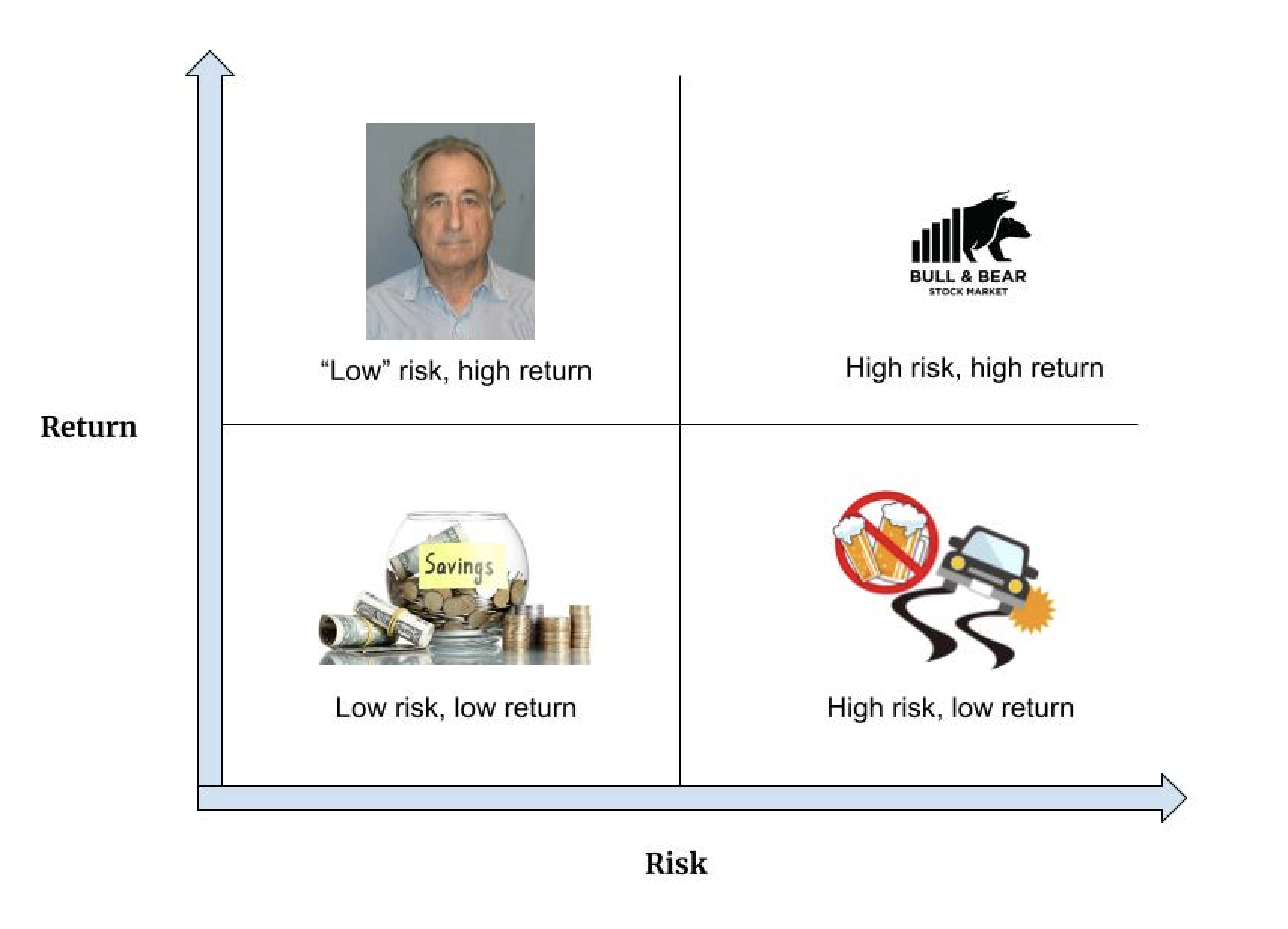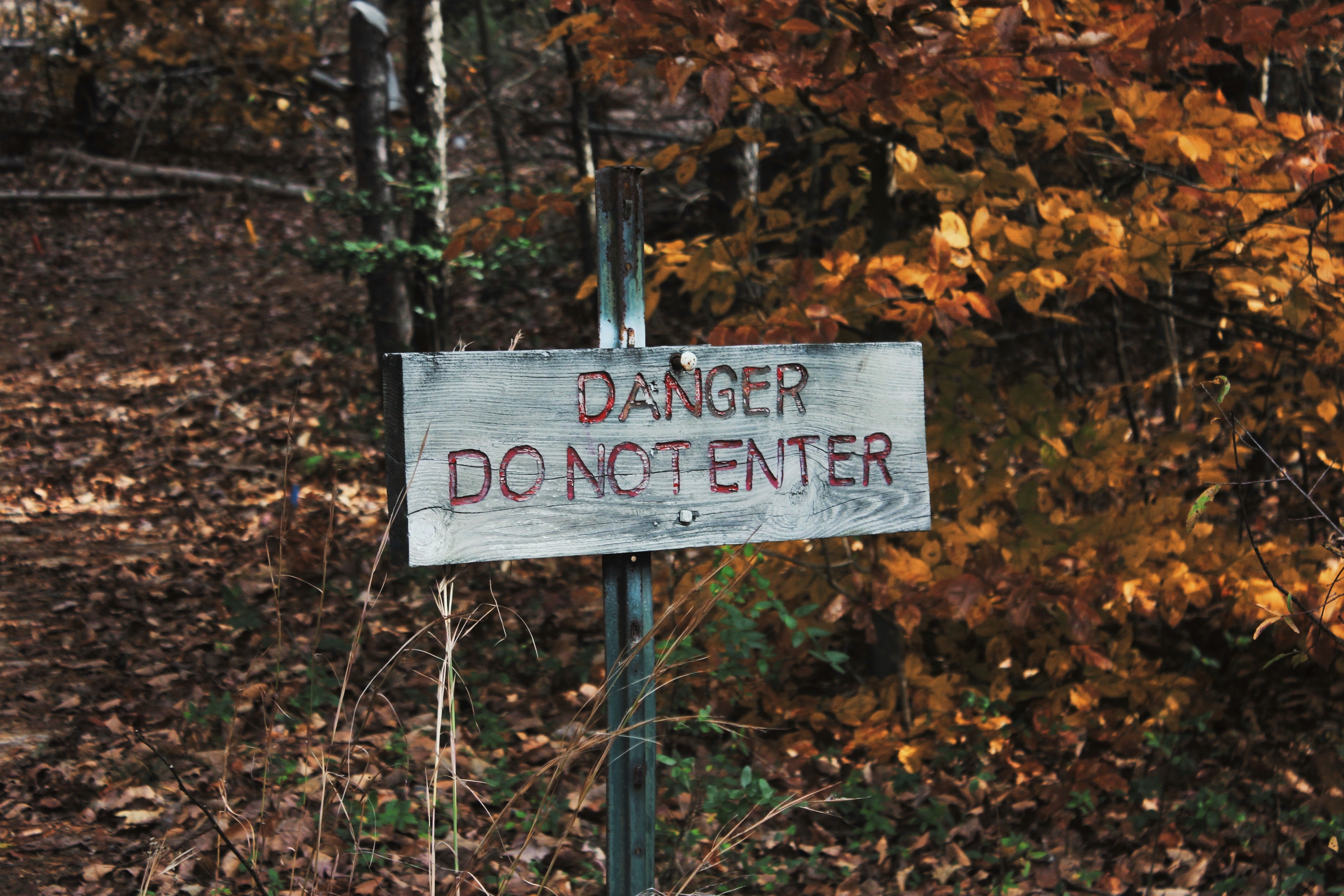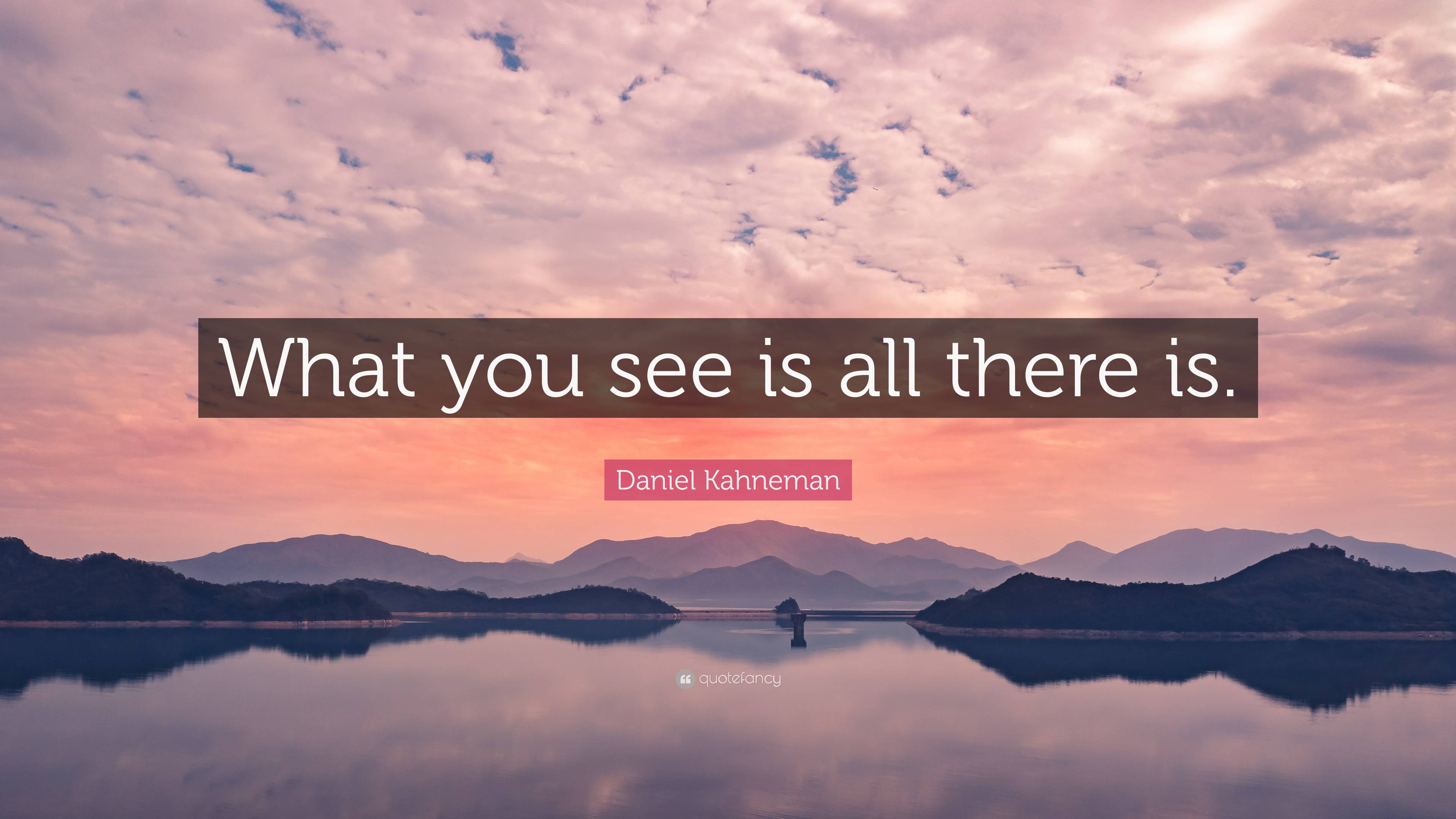Quarantine, Morass, and Stress
A quick thank you to my former roommate, Dr. Dalton Nelson, for taking a break from searching for the COVID vaccine Holy Grail to inform me that I owe it to myself as a person to start writing again. Was that a run-on sentence? Damn, I’m rusty.
The Morass
I miss writing, but it’s alarmingly easy to get sucked into the morass of quarantine and lose all structure and motivation. You know those days where you eat poorly, don’t exercise, and waste a few hours online to avoid getting up to drink water? When you are so wired-tired from not expending energy that it’s 11:45 pm and you jump into bed, overshoot the leap, and get a mild concussion from the wall?
If that day was a metaphorical year, it would be 2020. But (!) we are a resilient species, so we bounce back the next day, eat a few carrots, and go for an apathetic 14-minute jog. In other words, 2021 will be a great leap forward. Don’t give up yet.
Life Update
I decided in late December to adopt a single-minded focus towards entering the tech industry. I figured I’d start trying at some point in January, because why rush? It’s not like a global pandemic was about to happen that would freeze entire industries. Plus I needed to focus on more important things like the AFC playoffs and ACC basketball.
Incredibly, this “job search” was the only time in my life I didn’t procrastinate. I was pretty systematic in my approach and decided against applying anywhere without a conversation (which I’ll write about soon — I think some of my learnings can help recent grads who feel stuck amidst the pandemic). After a few interviews, I joined a growing data platform company in Austin, TX, called MongoDB.
That same week, the music agency (APA) that I worked at in Nashville closed its doors for COVID. Since I assumed APA’s office would re-open soon and I had not yet been hired at Mongo, I left behind my lamp, as well as dozens of perfectly-level Post It notes on my office wall on which I’d written inspirational quotes to get me through the tedious job. The next employee at my desk will be convinced I’m now institutionalized—if live music is still a thing, of course.
Flash forward a few months, and I’m traveling across Texas, making great friends, and thriving as an entrepreneur.
Just kidding.
I pass my time like many other people do these days:
Staring at work colleagues on Zoom. These will be some of the most bizarre human encounters of all time once we actually “meet” in person and exchange emotional elbow bumps — assuming Eastman Kodak or Donald Trump finds the COVID vaccine before 2024. (Are we sure drinking bleach won’t work? I personally haven’t tried it yet.)
Walking the same three-mile loop every night and waving at the same people as we both move an unnecessary 12 feet off the sidewalk out of courtesy
Watching Tiger King (or as the Twitterverse calls it, “COVID Act I”)
Driving to see friends and genuinely asking myself what I will do if I show up and discover that I’ve lost the ability to converse or make eye contact with other adults
I’ve also spent time in quarantine unlike many other people, namely re-watching the highlight video of my new favorite NFL player, Quenton Nelson, and reading a giant history book called the Rise and Fall of the Third Reich — the version that inconveniently has a swastika on the cover that I had to tape a makeshift cover over
Ultimately, I have barely written the past few months, aside from the love letters that I pen to web developers who use Mongo Database.
There are three reasons I have stopped. The first two are a lack of routine and a lack of novel experiences (as much as you want me to write more posts about social media), and the third is creativity-killing stress.
Stress
Stress, for me, is manifested in blurry thoughts, physical tension, and extra naps. It prevents relaxation, which creates tunnel vision and fixation on the stressor.
I started a new job a few months ago, and living on a monthly quota put me on edge for weeks at a time. Most people are dealing with objectively more stressful situations, from job losses to COVID to an inability to pay rent, but my goal in writing this is to figure out how to best respond, regardless of the situation.
Response
As frequently ignored as they are, exercise, good sleep, and social support are the healthiest ways to cope with stress.
What currently interests me more that these habits, however, is how we respond to our conditioned thoughts and impulses, and the control we have in doing so.
The gateway topic that led me here was meditation. I discovered meditation 6 years ago via a high-school teacher (s/o Mr. Kresse), and my interest has strengthened over time, especially post college.
Meditation, for me, is really just sitting and doing nothing, though other methods and ancient traditions exist. I rarely have the opportunity to just think in 2020, so the more days that I take an hour to let all of my thoughts be thought, the less they follow me to bed, and the less I see them as infallible truths.
The most powerful realization I’ve had from meditation is how conditioned and repetitive my thought loops are, and how much control I have in changing these patterns. This new belief would not have be possible without stopping to first notice the patterns themselves. For example: making a plan, thinking of a joke to text later, worrying about what my colleague thinks about what I said, catastrophizing, imagining a conversation that hasn’t happened yet and getting angry that he hypothetically said that, wanting to open the fridge that I just opened, wondering what happened to Anthony Kim and whether I will regret taking a work break to go Google him for twenty minutes, *repeat x 200*.
Before I took the time to stop and observe what I think about, my days were spent reacting to my thoughts instead of noticing them (which, for the record, I’ve only improved by like 1.75%).
Responsibility
Since modern stress is mostly psychological (as opposed to the life-saving version of our ancestors), training the mind to not cling to anxiety, stress, or negative loops is vitally important. Everyone believes that exercise can cause drastic physical transformations, but I now believe the same is possible, and just as important, with mental transformations.
A repeated piece of modern wisdom is “you can’t control what other people do or say, all you can control is how you react.” I now believe the second half of that sentence should say “all you can control is how you react to your thoughts”, since our thoughts, not other people, are driving our behaviors.
Taking responsibility for how we react to our thoughts allows us to regain control in the face of impossibly stupid Americans, COVID, and the horrible things that they’re reporting on cable news (I’d rather you smoke two packs of cigarettes every day). In other words, the stupidity of others does not mean we have to get outraged or anxious, even if it seems warranted.
The reason I say all of this is that if I can train my mind and body to remain calm, I can also choose to write again despite feeling uncreative and stressed. To a certain extent, choosing to face stress head-on and healthily will reduce the stress itself. Ultimately, taking responsibility for our reactions is the only long-term solution to stress, because dumb people will not stop being dumb in our lifetimes, no matter how much we shame them online.
***
Our ability to change how we think will let us all chill out (even if you’re starting off chiller than I am). To do so, we must first take a moment to observe our subconscious thoughts and impulses, whether it be through meditation, walking without a phone, or talking it out.
Actually, forget all of this. It’s much easier to blame Trump or “Karens” (my mother is not happy about this movement) or “naive liberals”. This strategy is working well, and it’s making America, like, really good.
